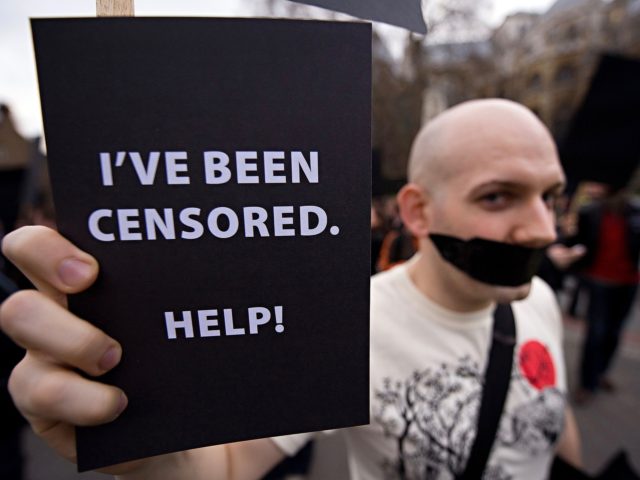Massachusetts Institute of Technology (MIT) community members have formed the MIT Free Speech Alliance and are advocating for the adoption of stronger academic freedom protections after a secret ballot among the school’s faculty members revealed that more than half of them feel their voices are constrained by the university on an “everyday basis.”
The MIT community is fighting back now that a majority of them are worried that their voice or their colleagues’ voices are “increasingly in jeopardy,” according to a press release by the Foundation for Individual Rights in Education (FIRE).
The newly formed MIT Free Speech Alliance is “a group of alumni, faculty, students and friends of MIT who have been woken up by the recent Abbot Affair and have come together to advocate for MIT’s support for free speech, open inquiry, and viewpoint diversity,” FIRE notes.
Additionally, two MIT alumni, Tom Hafer and Henry I. Miller, have written a letter to the school stating that they will stop donating to the institute for caving to “woke” ideology.
The moves come after MIT kowtowed to a woke left-wing mob’s demands that the school cancel a lecture by University of Chicago Geophysicist Dorian Abbot after he wrote an op-ed supporting “merit-based evaluations.”
“MIT is not teaching its students to protect free expression,” says FIRE, noting that its rankings show that 75 percent of MIT students believe shouting down a speaker is acceptable to some degree.
Moreover, the organization adds that 51 percent of MIT students believe blocking other students from attending a campus speech is acceptable to some degree, and 25 percent believe using violence to stop a campus speech is acceptable to some degree.
FIRE says that while MIT is a private university, it claims that its mission is to foster an environment where students and faculty are encouraged to engage in unfettered intellectual exploration.
“Yet according to FIRE’s College Free Speech Rankings, the largest survey ever conducted on students’ free speech attitudes, MIT is failing to uphold that mission,” the organization states.
FIRE adds that only about 21 percent of MIT students believe their administration makes it “extremely” or “very” clear that they protect free speech on campus.
Additionally, 17 percent believe that if a controversy over offensive speech were to occur on campus, it is “extremely” or “very” likely that the administration would defend the speaker’s right to express their views.
FIRE says that it offers concrete steps universities like MIT can take to defend free inquiry on campus, through its Alumni Network and partnership with Alumni Free Speech Alliance.
The organization is urging MIT to adopt a free speech policy statement in the model of the Chicago Statement, which defends academic freedom by asserting that “the University is committed to free and open inquiry in all matters, it guarantees all members of the University community the broadest possible latitude to speak, write, listen, challenge, and learn.”
You can follow Alana Mastrangelo on Facebook and Twitter at @ARmastrangelo, and on Instagram.

COMMENTS
Please let us know if you're having issues with commenting.